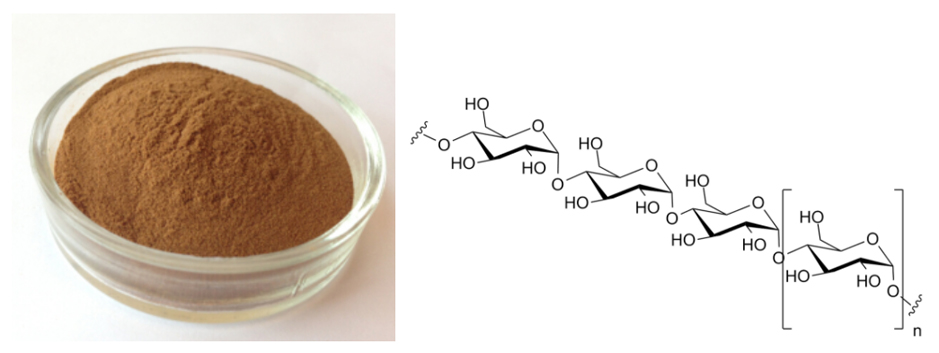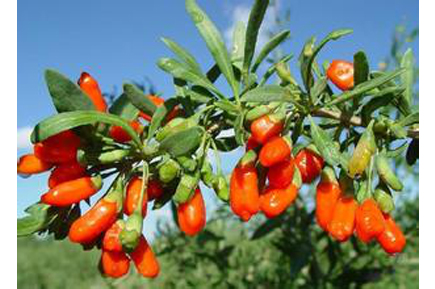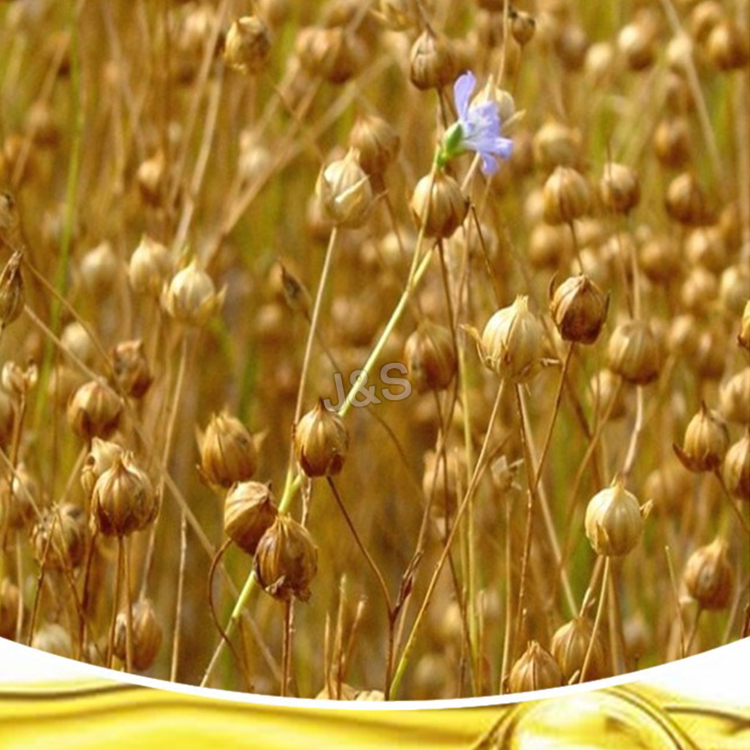Supply for Wolfberry Extract Manufacturer in Cologne
Supply for Wolfberry Extract Manufacturer in Cologne Detail:
[Latin Name] Lycium barbarum L.
[Plant Source]from China
[Specifications]20%-90%Polysaccharide
[Appearance] Reddish brown powder
Plant Part Used:Fruit
[Particle size] 80 Mesh
[Loss on drying] ≤5.0%
[Heavy Metal] ≤10PPM
[Shelf life] 24 Months
[Package] Packed in paper-drums and two plastic-bags inside.
[Net weight] 25kgs/drum
Product Description
The wolfberry is harvested when the fruit is orange red. After drying to the skin wrinkles, it is exposured to the skin moist and soft fruit, then removed the stem. Wolfberry is a kind of rare traditional Chinese medicine which is very rich in nutrients and has high medicinal value The materials contain not only such as iron, phosphorus, calcium, but also a lot of sugar, fat and protein. It also contains polysaccharide with good health care function to human body and organic germanium that is beneficial to human’s intelligence.
Function
1. With the function of regulating immune, inhibiting tumor growth and cell mutation;
2. With the function of lipid-lowering and anti-fatty liver;
3. Promoting the function of hematopoietic;
4. With the function of anti-tumor and anti-aging.
Applications:
1. Applied in food field, it can be produced into wine, canned, condensed juice and other more nourishment;
2. Applied in health product field , it can be made into suppositories, lotions, injection, tablets, capsules and other dosage forms to regulate immunity;
3. Applied in pharmaceutical field, effectively treating cancer, hypertension, cirrhosis and other diseases;
4. Applied in cosmetics field, it can prevent skin aging and improve skin elasticity.
Product detail pictures:

Related Product Guide:
Using a complete scientific top quality management program, great high-quality and fantastic religion, we win great track record and occupied this area for Supply for Wolfberry Extract Manufacturer in Cologne , The product will supply to all over the world, such as: Kuala Lumpur, Somalia, Macedonia, Our business activities and processes are engineered to make sure our customers have access to widest range of products with the shortest supply time lines. This achievement is made possible by our highly skilled and experienced team. We look for people who want to grow with us around the globe and stand out from the crowd. We have people who embrace tomorrow, have vision, love stretching their minds and going far beyond what they thought was achievable.
Griti is a learning community for students by students. We build thousands of video walkthroughs for your college courses taught by student experts who got an A+.
SUBSCRIBE to the channel and explore overviews for every concept in your calculus, chemistry and physics courses for FREE!
Register at www.GRITI.co
REQUEST VIDEOS FOR MORE HELP?
+ get thousands of study problems for exam prep
Trà Xanh và Nấm Linh Chi là hai dược liệu quí trong tự nhiên giúp ngăn chặn tế bào ung thư, mà không làm tổn hại đến các tế bào lành.
Đây là một trong các video phóng sự được làm tại Đài Loan, ghi nhận các trường hợp thực tế đã điều trị thành công bệnh Ung thư bằng cách kết hợp các phương pháp hiện có với Cao Khô Linh Chi Đỏ Reishimax & Chiết Xuất Trà Xanh Tegreen’97.
Bạn hãy chia sẻ cho thật nhiều người biết để giúp họ hoặc người thân có thêm phương pháp thiết thực thoát khỏi căn bệnh quái ác này nhé.
Để biết thêm chi tiết về cơ chế tác dụng xin vui lòng liên hệ qua email songtresongkhoe@gmail.com
More and more proofs of EGCG in green tea and Polysacchride in Lingzhi help killing maglinent cells but protect healthy cells.
This is one of video reports from Taiwan, about successful testimonials of different type cancer patients who applied a combine treatment of current oncology plus high concentrate red Ganoderma Lucidum mushroom (Reishimax) and green tea high concentrate (Tegreen’97)
Please share to more friends and beloves to help them get rid of this devil disease
For more details on treatment and dosage please contact through email songtresongkhoe@gmail.com
On this website, product categories is clear and rich, I can find the product I want very quickly and easily, this is really very good!







